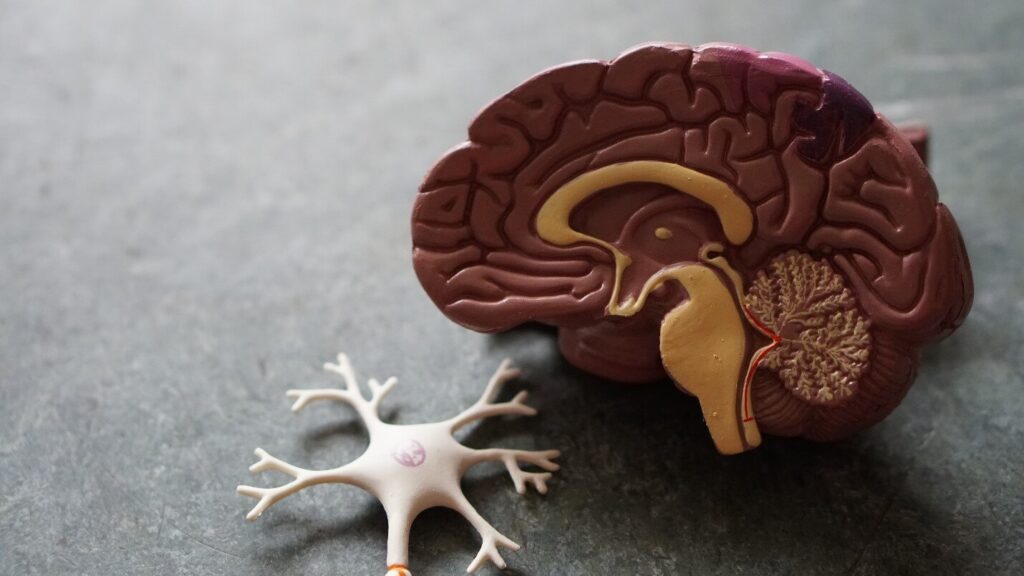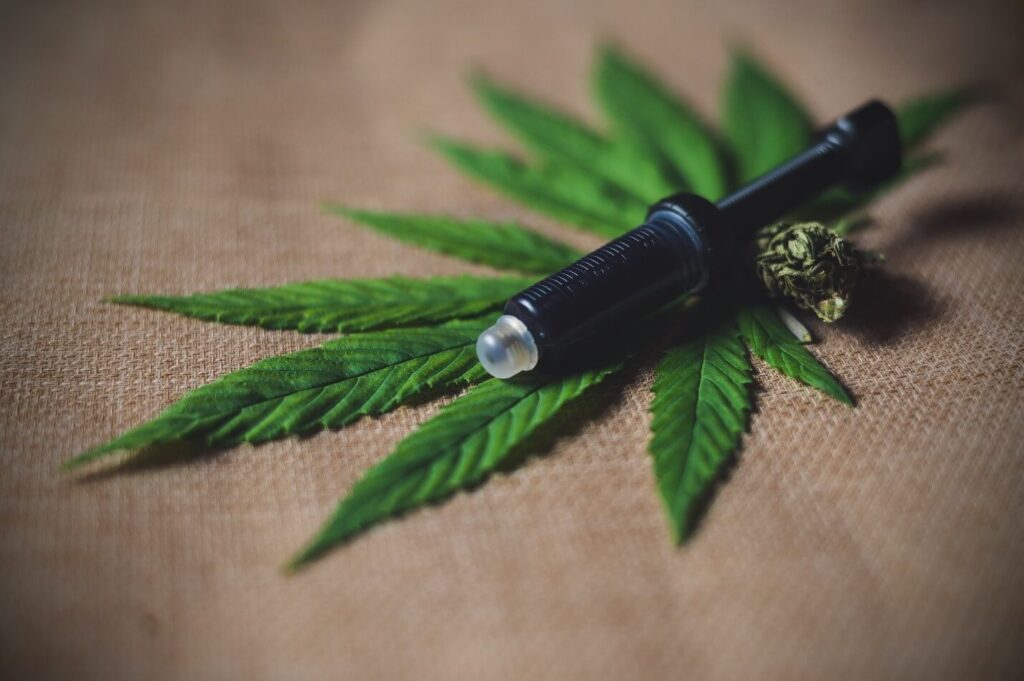
Despite the increasing growth in the CBD industry, not everyone is familiar with how the way CBD’s properties work with the brain to produce the effects that the compound boasts as having. There are misconceptions regarding the cannabinoid and contradictions leaving people confused yet satisfied with the reported successes touted.
One of the most significant pieces of misinformation is the idea that CBD is a non-psychoactive component. The reality is in the terminology, as the substance is, in fact, non-intoxicating wherein lies a huge difference from being non-psychoactive. You can buy CBD products from CBD distributors in the market.
Psychoactive components will react with the CNS or central nervous system altering brain function. The result can bring changes in perception, behavior, mood, or consciousness. CBD has psychoactive qualities as it impacts behaviors and mood.
The Endocannabinoid System
A body’s endocannabinoid system is responsible for regulating physiological and cognitive processes to include pain, appetite, stress, and memory. Read for a simplistic guide on the system. The cannabis plant consists of over 110 cannabinoids that bind with receptors within the ECS two of which are CB1 and CB2.
The receptors comprising CB1 can be found in the central nervous system where they regulate the appetite, coordination, mood, and pain among other functions. CB2 can be found within the immune system and body, mostly having effects on inflammation and pain.
Cannabidiol or CBD touts as having a mild effect on the ECS receptors for which it attaches to CB1 loosely blocking the receptors and causing THC’s psychoactive traits to be mitigated. So how does CBD affect our brain?
- Reduction In Blood Flow: Research shows people suffering with symptoms associated with SAD or Social Anxiety Disorder felt better once consuming CBD, as scans indicated there was a change in the blood flow in specific areas of the brain, which were usually associated with anxiety.
- Management of Pain: People enduring chronic levels of pain indulge in the compound with the idea that the substance aids in managing the symptoms. Claims indicate that CBD modifies the ability for the CB2 receptors to bind to the endocannabinoids, which may potentially promote the natural production of cannabinoids attaching to CB2.
Further claims from scientists indicate the possibility that CBD may affect the receptor’s response to the pain signals helping with pain reduction and a decrease in inflammation. For an outline of CBD and its affects on the ECS go to https://www.riverfronttimes.com/newsblog/2020/07/15/endocannabinoid-deficiencies-and-cbd .
- Decrease In Oxidative Damages: Good health is possible because of the way our body manages its oxidative stress, a process that takes place on a cellular level. When energy is generated within a cell, free radicals develop as waste. The environment can create free radicals with exposure to smog and other pollutants.
The body reacts to the development of free radicals through the use of antioxidants in an effort to create stability with the waste and ensure there is no damage caused to the cells’ DNA.
These note as being a mere sampling of what boasts as the capabilities for CBD within the ECS and its effects on the brain. There is good information available where you can separate the fact from the fiction, some of which you can find if you read this post. It’s important to stick with reputable, trusted sites for trustworthy facts.

Final Thoughts
The claims suggest that cannabidiol is among the fastest growing supplements around the globe currently. People everywhere are turning to the natural substance for a mix of symptoms associated with conditions like chronic pain, migraines, anxiety, brain fog, depression, and so much more. The greater the popularity, the more significant the anecdotal accounts pertaining to the efficacy and a rise in clinical studies.
There are numerous claims regarding the compound’s positive effects on the brain and how profound they are, but until more proof has been brought via studies and research, nothing is being confirmed. Any suppliers denoting the substance as a ‘cure’ need to be avoided. While research thus far is encouraging, there is no one of any reputation stepping forward to take that kind of responsibility to date.
The suggestion is to stay with reputable, trusted brands offering their certificate of analysis showing a pure substance and follow the most reliable research as it develops.